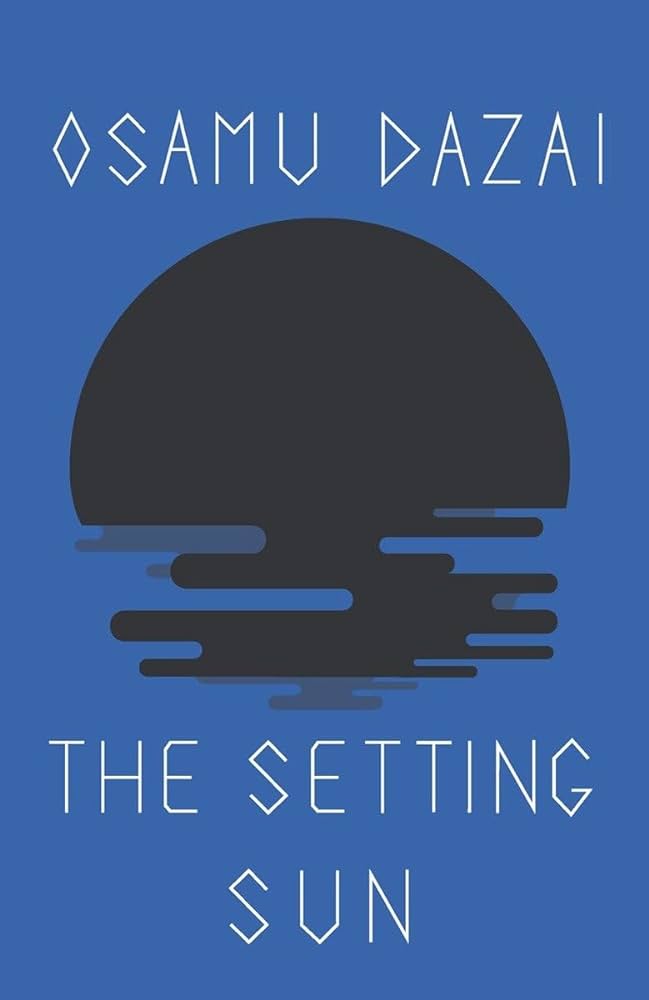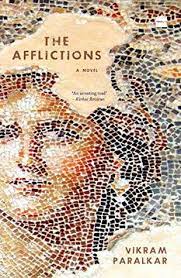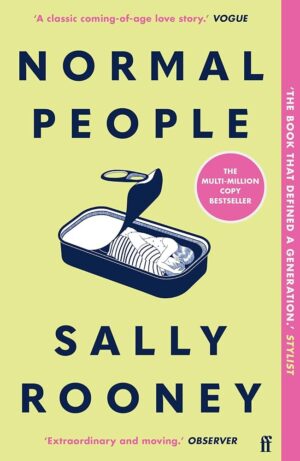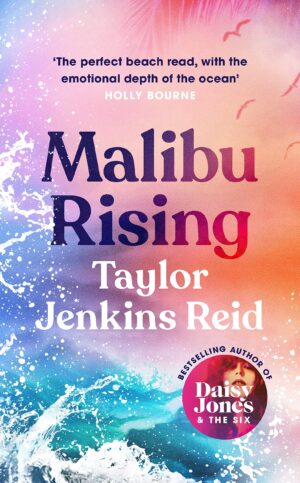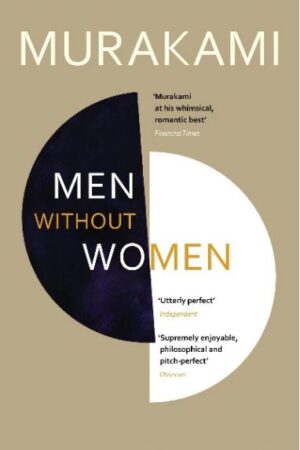The post-war period in Japan was marked by profound social change as the country grappled with the shock of defeat and the occupation by American forces and their allies. Osamu Dazai’s *The Setting Sun* uses this turbulent backdrop to explore the decline of a minor aristocratic family.
The novel is narrated by Kazuko, the unmarried daughter of a widowed aristocrat, whose quest for self-meaning in a society that no longer has a place for her forms the heart of Dazai’s story. It is a melancholic tale, written in a style deeply rooted in the Japanese literary tradition, reminiscent of authors like Nobel Prize winner Yasunari Kawabata. The novel’s subtle social interactions and understated nuances may feel elusive to readers accustomed to the more direct narrative forms of Western literature.
As Kazuko’s mother falls ill, their dwindling financial resources force them to retreat to a small cottage in the countryside. Meanwhile, Kazuko’s brother, who became addicted to opium during the war, has gone missing. When he eventually returns, Kazuko attempts to start a relationship with the novelist Uehara, but this romantic escapism only deepens her sense of alienation from society.


